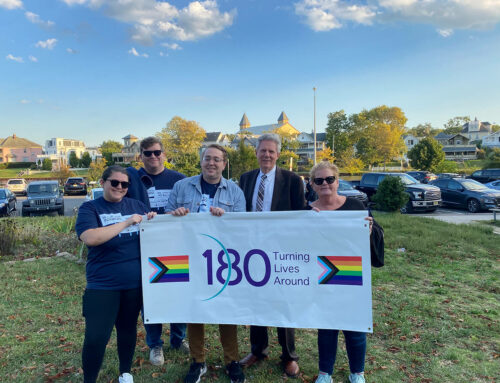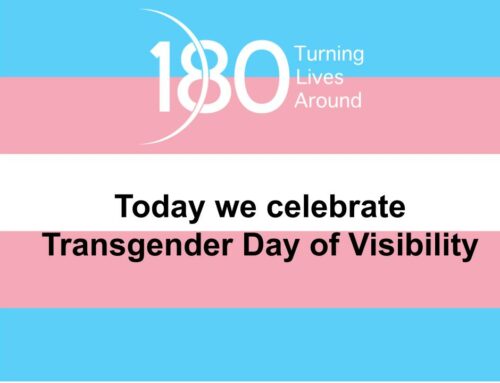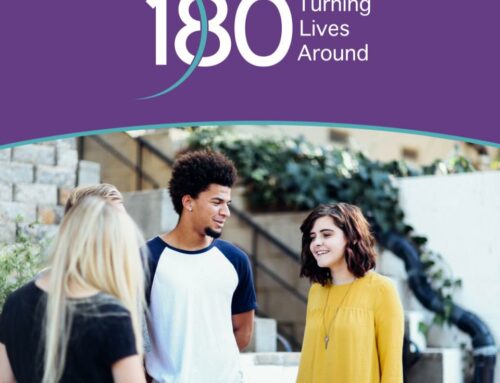The impact of Teen Dating Violence is profound. It’s an issue that has far reaching impact – not just on teens – but parents, teachers and friends. The fact that teens in abusive relationships often carry these unhealthy patterns into future relationships, is cause for even more concern because they can become perpetrators themselves of adult domestic violence. Teens need support as they navigate their dating relationships and it is critical that the adults in their lives are familiar with understanding and discussing the signs of healthy and unhealthy relationships with their teen. The month of February has been designated Teen Dating Violence Awareness Month so we encourage you to forward this email to your friends and consider sharing it on your social networks as well.
Youth age 12 to 19 experience the highest rates of rape of sexual assault. Additionally, 10% of adolescents report being the victim of physical violence at the hands of a dating partner during the previous year. (www.youth.gov) Girls are particularly vulnerable to experiencing violence in a dating relationship and are more likely to suffer long-term behavioral and health consequences, including suicide attempts, eating disorders and drug use. For more information about 180 and Teen Survivors of Dating Violence, please visit: https://180nj.org/get-help/information-for-survivors/teens-dating-violence/
Additionally, it is important to know that teen dating violence happens to Lesbian, Gay, Bisexual, Transgender and Queer youth in alarming numbers. According to a 2014 study by Dank, Lachman, Zweig and Yahner on youth in grades 7-12 in New Jersey, New York, and Pennsylvania, LGBTQ youth face higher numbers of dating abuse than their heterosexual peers. Trans youth face double the amount of dating abuse across the board. Threatening to out one’s sexual orientation or gender, forcing someone to “prove” who they are via a sexual act, and controlling how a person expresses their gender identity, are just a few ways that abusers gain and maintain power and control within a relationship.
There are barriers that are unique to LGBTQ survivors in seeking help. For example, the fear of losing a peer group that relates to them, not having healthy queer relationships as role models, fear of their parents finding out they are not heterosexual, feeling more accepted if they have a partner, and not knowing what protections and resources are available are just a few reasons why LGBTQ survivors stay.
At 180 Turning Lives Around we are here for heterosexual and LGBTQ teen survivors of domestic violence and sexual assault. 180 offers LGBTQ+ education and training for law enforcement, professionals, civic groups, faith-based organizations, parents, schools, and mobilizes with concerned individuals, organizations, and community groups to join in efforts to end violence against men, women, and children. 180’s LGBTQ+ Outreach and Advocacy Coordinator informs our staff on current issues and conducts outreach and awareness activities throughout the LGBTQ+ community to build bridges and ensure a safe space at 180 for the LGBTQ+ community.
If you are interested in learning more, please contact Kristine at 180, at kristiner@180nj.org, or for school presentations and youth education, please contact Erin at erinw@180nj.org. See flyer below for more information about our school presentations program.




